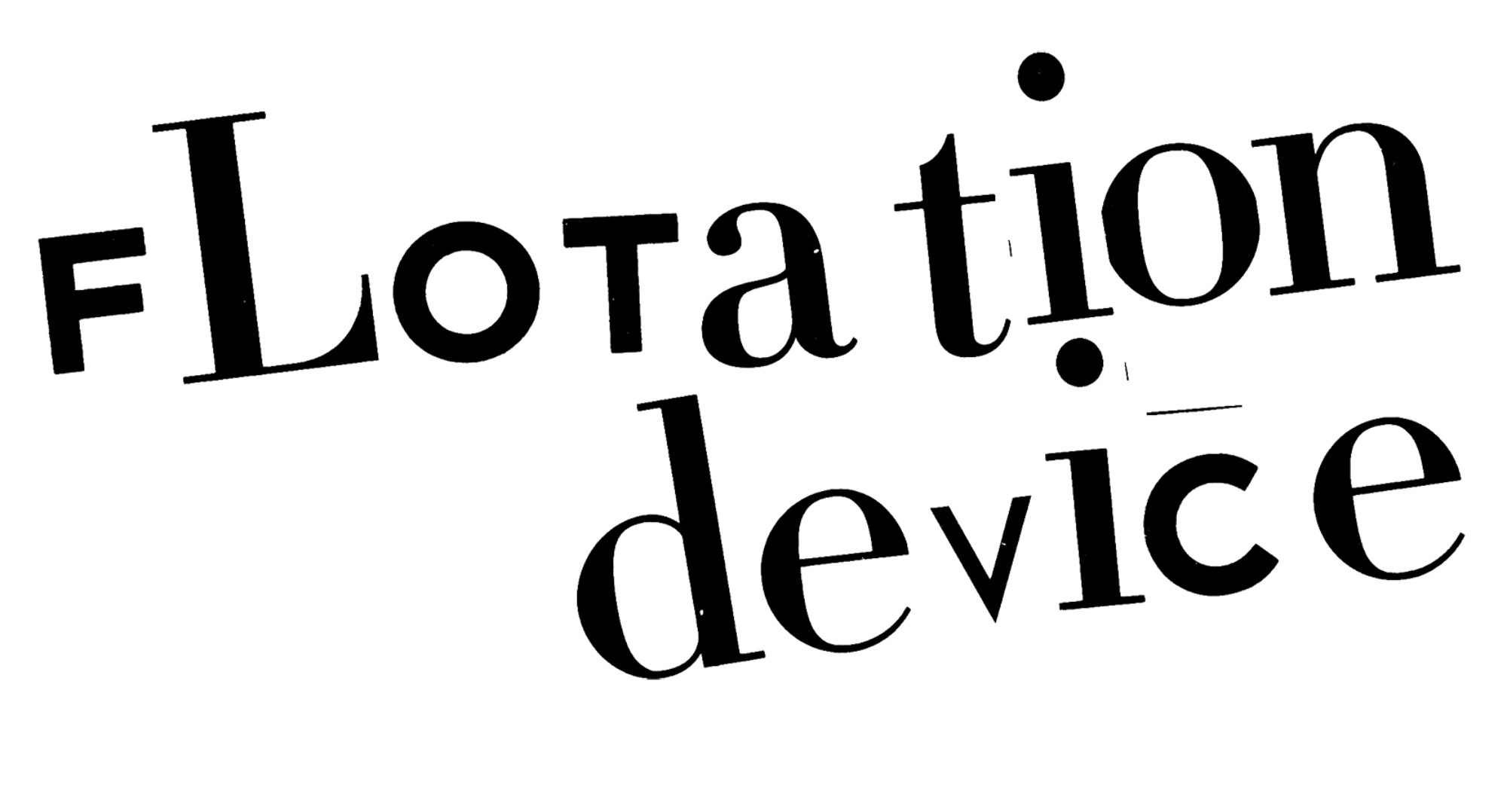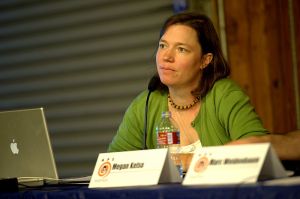so this is the second interview in this series. this one was also done in may of 1999. hope you enjoy it.
How long have you been writing?
I’ve been writing since I was about 6 years old. When I was a kid, I used to make books which I would write, illustrate and bind myself, and then give to my family for christmas and birthday presents.
Did you always write comics, or did you start in other forms?
I didn’t start writing comics until my early twenties. Before that it was short stories, poems, letters, a little journalism and typical teenage diary stuff.
When you sit down to write how do you prepare, do you have any rituals that you go through?
The main thing is that I still like to start off writing long hand. Computers are great for rewriting and editing, but its still easiest for me to actually generate ideas in my own hand.
What is your writing schedule and when are you most productive?
When I begin a story, I usually take myself to the library and work for about 3 hours at a time. I find writing more mentally exhausting than drawing. Home is too distracting for the beginning stages. Once I have the kernel of the story, I can be more flexible about when and where I work.
How much auto-bio goes into your stories?
Generally my stories are not autobiographical in concept, but autobiographical details are always there. I people my stories with familiar things, places and characters from my life, but it is rare that I will tell a story that is literally autobiographical.
Do you have a clear idea of what you’re going to write about ahead of time or does it come to you as you write?
Usually I have a pretty clear idea of what I want to write. I tend to let ideas kick around in my head for a long time before I sit down to write. But the idea inevitably changes during the process of writing. That is the mysterious part of writing, that the act and the process seem to generate new ideas that you couldn’t have predicted.
What is your rewriting method? How many times do you have to rewrite before you’re happy with a story?
Since the final product is going to be a comic, my rewriting is very haphazard and occurs at every point of the process. I rewrite my original script and then continue to rewrite through pencil roughs, actual pencils, and inking. It seems important to let the writing and the drawing develop together, so I try not to worry if the script doesn’t feel perfect before I start drawing because I know that once the characters and scenes emerge in drawn form, a lot of things will change. One of the things I love about doing comics is how the drawing affects the writing and vice versa. Sometimes a character will almost rewrite itself because it will come out so differently when I start to draw it, than how I had imagined it when i was originally writing the story.
What books influenced you most? Which authors did you learn from?
I didn’t read comics as a kid, but I was a total bookworm, so my primary influences are probably childrens and young adult book authors. C.S Lewis (chronicles of narnia), Margaret Atwood, Alice Adams, Marge Piercy, E. L. Konigsberg (not sure I got the spelling right…she wrote “from the mixed up files of Mrs. Basil E. Frankweiler), Frances Hodgson Burnett (again, not sure of spelling, she wrote “a little princess” and “the secret garden”, also this writer named Edward Eager, Maud Hart Lovelace’s Betsey-Tacy books, Robert Lawson, Jane Langton, Beatrix Potter, Beverly Cleary, Laura Ingalls Wilder, Rumer Godden, Maurice Sendak, E.B. White…I could go on, but I think those are the main influences.
Do you write in any other medium?
Writing permeates every aspect of my life. I do it for my day-job, I do it for fun (letters to friends, keeping a journal) I’ve really gotten into trying to include silly doggerel verse in my comics, so I need to practice that more.
Have you consciously tried to develop a style?
Not really. I think everybody develops a style by steadily doing work and trying really hard to do work that is honest. Its harder than it sounds, but I continually have to ask myself, “is this really a story I want to tell? Will I enjoy telling this story?” Because you can really get in a bind, trying to do a comic that in your heart you don’t really love. It becomes an onerous task and it shows in the work. So I think consciously developing a style is more about learning to separate the good ideas from the stupid ones. As far as a drawing style, that seems to just come with practice, and experimentation.
Music seems to be a large influence on you, at least in subject matter. Does music fit into your writing process at all?
I think to be honest, I have used music more as an allegory for creativity than actually addressing the special qualities of music itself, but you’re right I do come back to it over and over. When I am writing, I can’t listen to music with lyrics, which I imagine is a common sentiment. Music is really important to me, but I don’t know a lot about it. I think I like being mystified by musicians and their creative processes. It seems like magic to me, although if I forced myself to think about it, I’d probably find that it is just hard work, like making comics. I’d like to remain blissfully ignorant and think of music as this amazing magical thing which flows out of certain chosen people.
Is there anything else that you want to say that you feel is important to the essay?
I basically agree with your thesis, but making comics, especially for those of us who write and draw them is extremely different than writing. Often people think of comics writing as merely the words in the word balloons, but really the writing process continues parallel to the drawing process. The whole way a comic is paced and the story is revealed is often unwritten as far as text on paper, but it is as much a writerly skill as it is an artistic skill.
For instance, a cartoonists like Al Columbia and Walt Holcombe, whose comics have very little “writing” as in word balloons, is still written, in that they had to figure out how to pace the comic and tell the story through the characters actions. It becomes very difficult with comics to separate what is drawing from what is writing.
For instance, I have often been complimented on my ability to show subtle facial expressions. But when you look at my drawings, they are very simple and often quite crude. I think the subtlety is achieved as much by how I have written a particular moment as by how I have drawn a particular face. This complicated chemistry between writing and drawing is at the heart of what makes comics such a mysteriously powerful, yet confusing medium. it really is not “like” any other medium. Comics are comics, not like anything else. Jon Lewis once said something like this “comparing comics to literature is like comparing ballet to gourmet cooking.”

